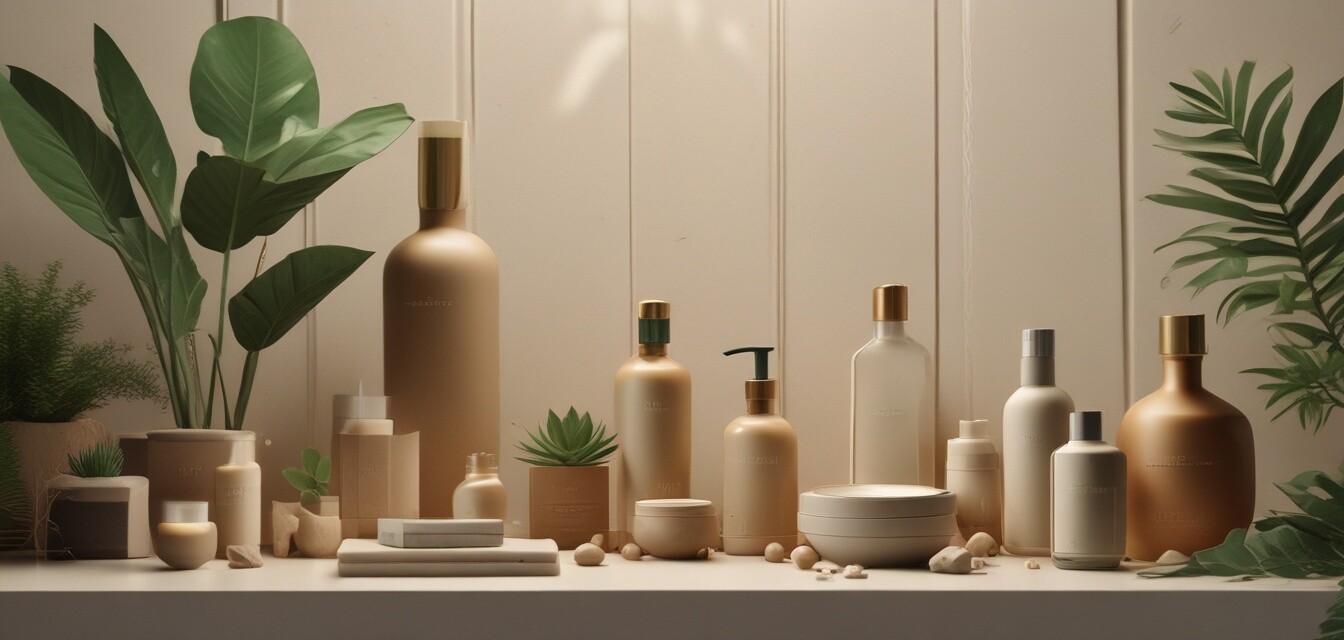
Crafting a Sustainable Future: Eco-Luxury Products
Key Takeaways
- The rise of eco-luxury products reflects a shift in consumer preferences towards sustainability.
- Luxury brands are increasingly prioritizing eco-friendly materials and ethical manufacturing processes.
- Understanding the market trends can help consumers make informed choices about luxury spending.
In recent years, the luxury market has witnessed a significant transformation with the influx of eco-friendly products. As consumers become more environmentally conscious, the demand for sustainable luxury goods is on the rise. This article explores the trend of eco-luxury products and their positive impact on consumer choices and the environment.
The definition of eco-luxury
Eco-luxury refers to products that not only offer the traditional high-quality experience associated with luxury items but also prioritize sustainability, ethical sourcing, and environmental responsibility. These products are designed to provide luxury while making a positive impact on the planet.
Key features of eco-luxury products
| Feature | Description |
|---|---|
| Sustainable materials | Use of recycled, organic, or renewable resources. |
| Ethical production | Manufactured in facilities that follow fair labor practices. |
| Minimalistic design | Focus on elegance that doesn’t compromise on functionality. |
| Longevity | Products designed to last, reducing waste. |
The rise of eco-luxury products
The growing awareness of environmental issues has prompted luxury brands to rethink their strategies. The surge in demand for eco-luxury products can be attributed to a variety of factors:
- Changing consumer mindset: Shoppers, especially millennials and Gen Z, prioritize sustainability and ethical considerations.
- Innovative materials: Advancements in technology have enabled the creation of eco-friendly materials that match traditional luxury standards.
- Brand loyalty: Consumers are more likely to support brands that align with their values.
Examples of eco-luxury categories
Eco-luxury spans various product categories. Here are some notable ones:
- Fashion: Clothing made from organic cotton or recycled materials.
- Home goods: Furnishings crafted from sustainable woods or recycled plastics.
- Beauty products: Skincare and cosmetics using natural, non-toxic ingredients.
- Technology: Gadgets made with energy-efficient materials.
Consumer impact and choices
As eco-luxury products gain prominence, consumers are becoming more discerning about the products they choose. Shoppers are now considering:
- Impact on the environment: How a product contributes to ecological sustainability.
- Brand transparency: Whether manufacturers disclose their sourcing and production processes.
- Longevity vs. trends: Investing in quality, timeless products instead of disposable fashion.
Market trends to watch
The eco-luxury market is constantly evolving. Some trends to keep an eye on include:
| Trend | Impact |
|---|---|
| Increase in transparency | More brands are providing information on sourcing and processes. |
| Collaborations | Luxury brands partnering with environmental organizations. |
| Education initiatives | Brands creating awareness about sustainable practices among consumers. |
| Technology integration | Smart technology in products that track environmental impact. |
The future of eco-luxury
As the luxury market shifts towards sustainability, the future of eco-luxury products appears promising. Brands that adapt to these market demands will likely thrive, while those that resist change may struggle to keep up.
Pros
- Supports environmental sustainability
- Encourages ethical consumerism
- High-quality, durable products
Cons
- Higher prices can deter some consumers
- Limited availability of sustainable options
- Potential greenwashing from brands
Conclusion
The rise of eco-luxury products is not just a passing trend; it reflects a fundamental shift in consumer preferences towards more sustainable and responsible choices. For those interested in the latest innovations, be sure to check out our News and Trends in Luxury Products category for the latest updates and insights.

